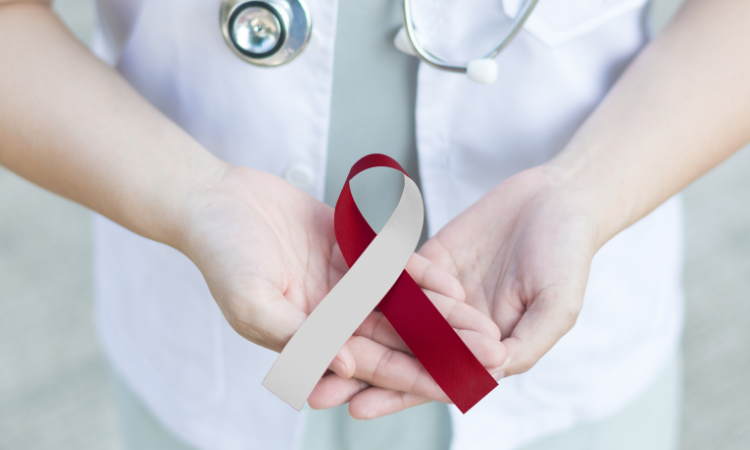
Oral cancer is a serious and potentially life-threatening condition affecting millions of people worldwide. Traditionally, the primary risk factors for oral cancer have been tobacco and alcohol use. However, in recent years, a new player has emerged as a significant contributor to this disease - the human papillomavirus (HPV).
Here we discuss the role of HPV in oral cancer, exploring its transmission, prevalence, risk factors, symptoms, and preventive measures. Understanding the link between HPV and oral cancer is crucial for early detection and effective prevention strategies.
What is HPV?
Human papillomavirus (HPV) is a group of viruses that can infect both men and women. It is primarily transmitted through skin-to-skin contact and sexual activities. There are over 100 different types of HPV, with some causing benign skin growths (warts) and others being linked to various cancers, including cervical, anal, penile, and oral cancer.
HPV and Oral Cancer:
Studies have shown a strong association between certain strains of HPV and the development of oral cancer. HPV-related oral cancer, particularly caused by HPV-16 and HPV-18, has become more prevalent in recent years. It is important to note that not all oral cancers are caused by HPV, but its role is becoming increasingly significant.
Transmission of HPV to the Oral Cavity:
HPV is primarily transmitted through sexual contact, including oral sex. Engaging in unprotected oral sex with an infected partner can increase the risk of HPV transmission to the oral cavity. However, it is crucial to understand that non-sexual modes of transmission are also possible, such as mother-to-child transmission during childbirth.
Risk Factors for HPV-Related Oral Cancer:
Several risk factors can increase the likelihood of developing HPV-related oral cancer:
Symptoms of HPV-Related Oral Cancer:
Recognizing the early signs of oral cancer is essential for timely diagnosis and treatment. Common symptoms of HPV-related oral cancer include:
Prevention and Early Detection:
Prevention is always better than cure, and several strategies can reduce the risk of HPV-related oral cancer:
Looking for non-toxic Oral Cancer Treatment? GEIPE or 'Gentle Electrotherapy to Inhibit a Pivotal Enzyme' therapy is a non-toxic and non-surgical treatment for oral cancers. This revolutionary method is effective without side effects, making it an appealing alternative to chemotherapy and radiation therapy.
Please visit https://cancer-treatment.net for more information about GEIPE.
⬤ ⬤ ⬤